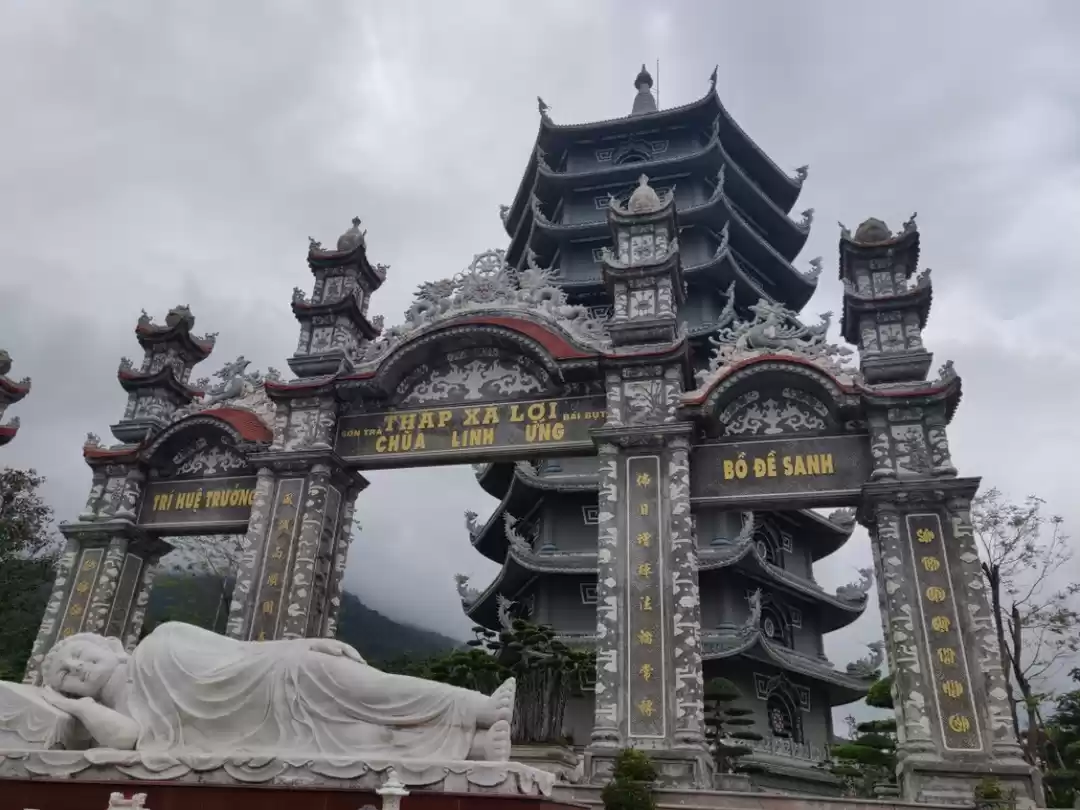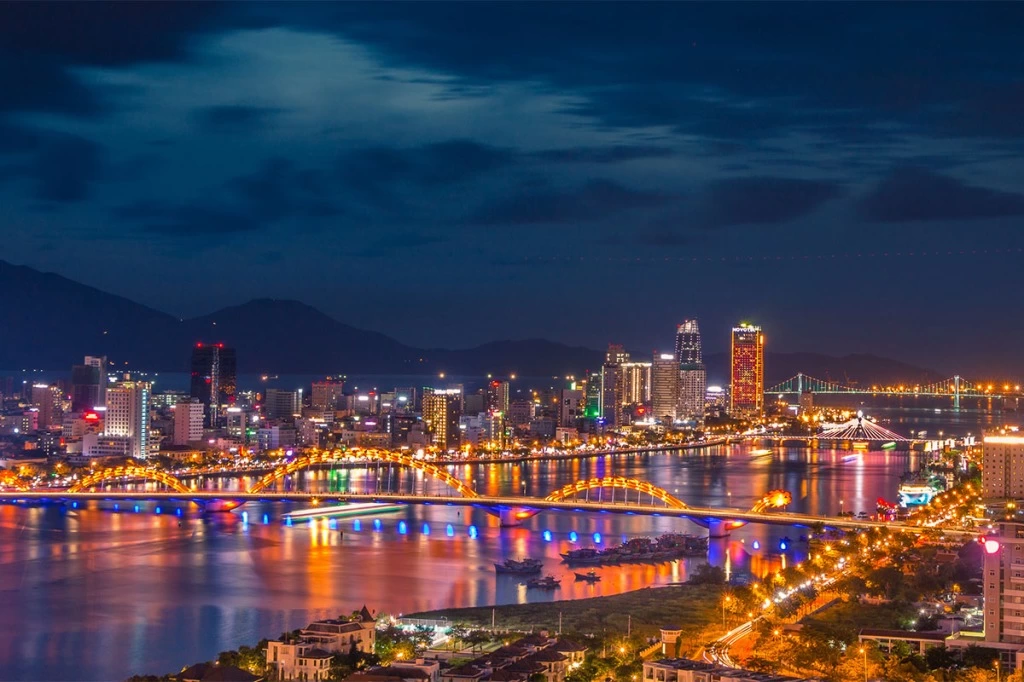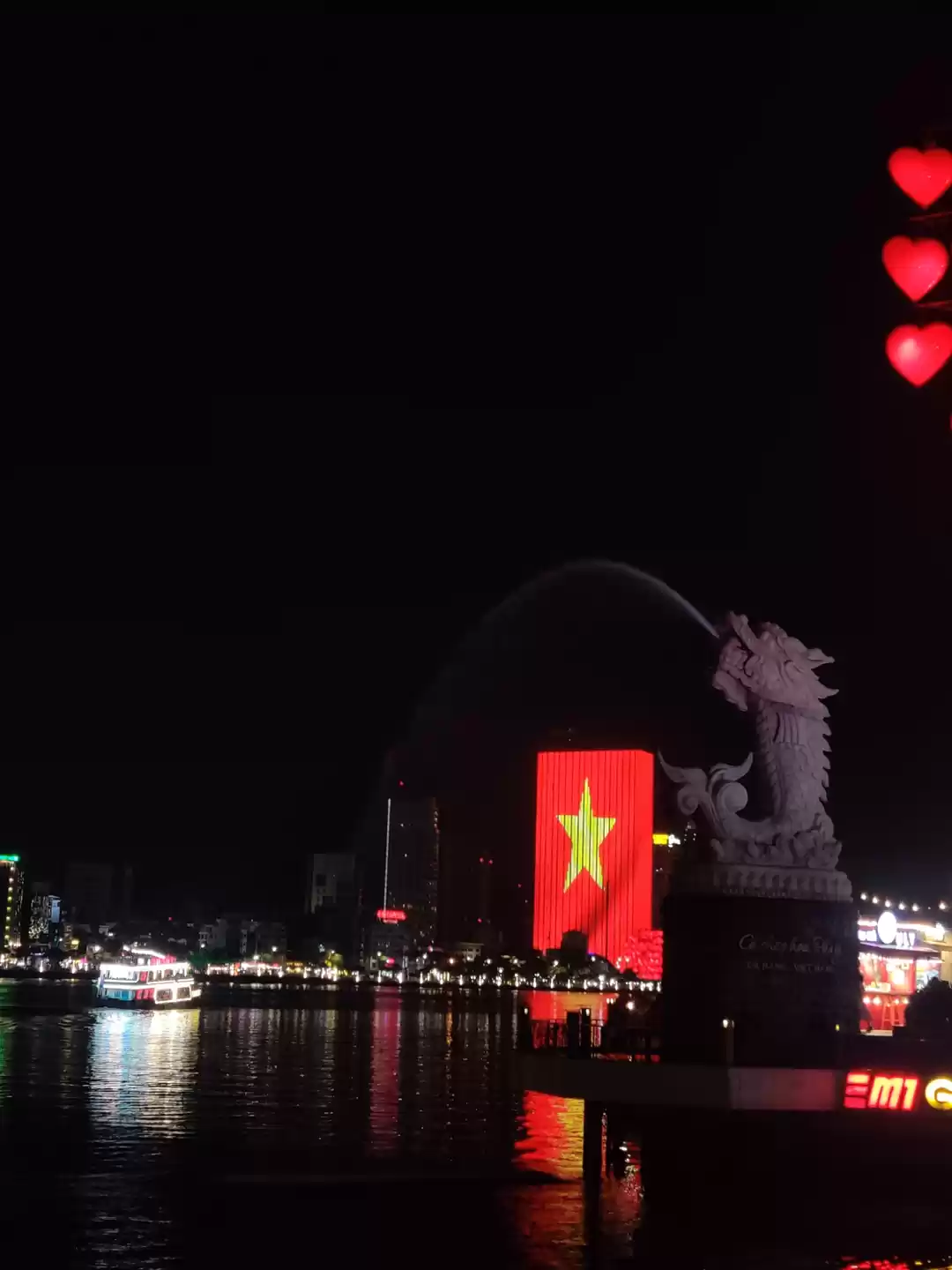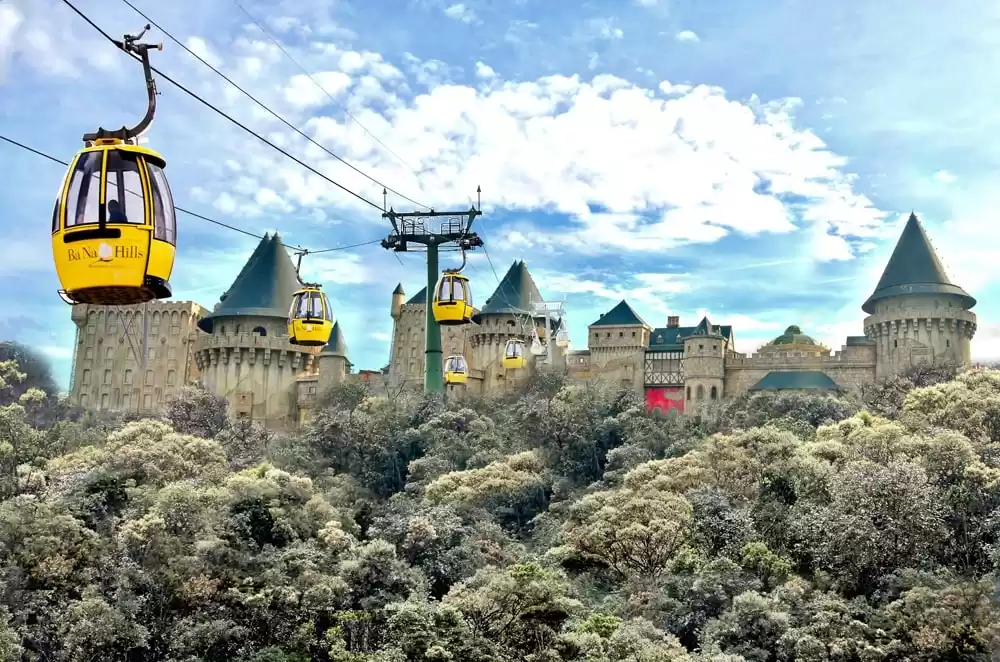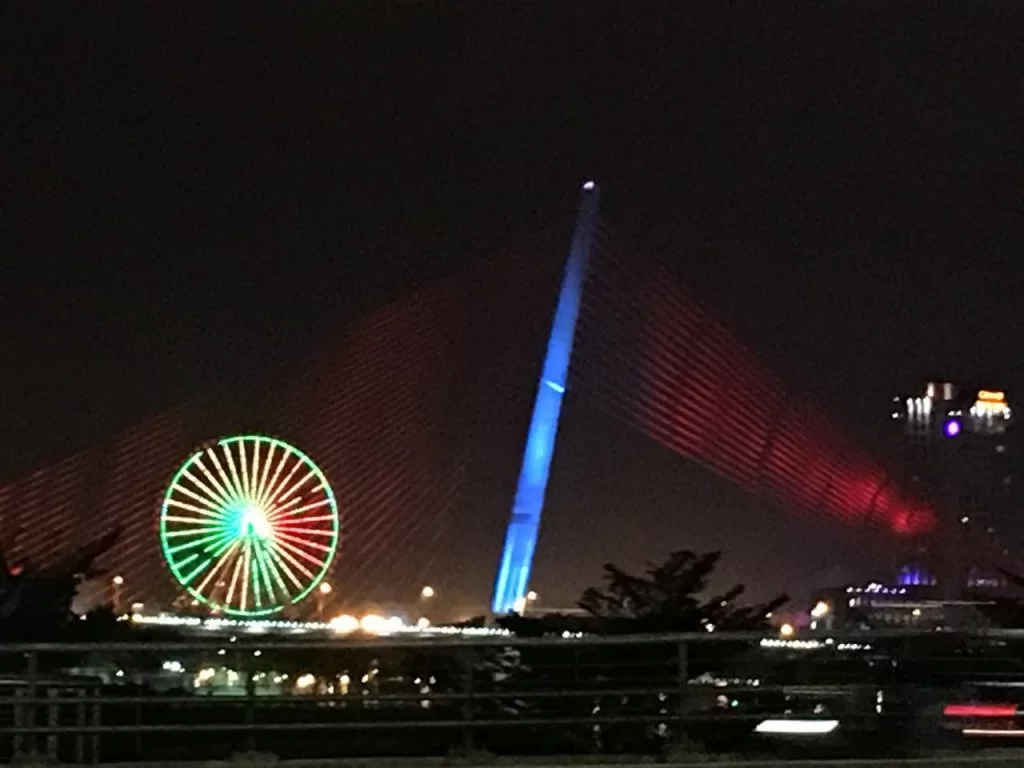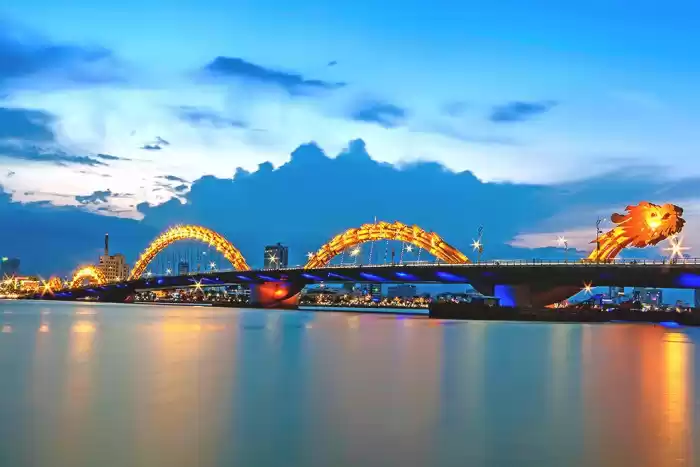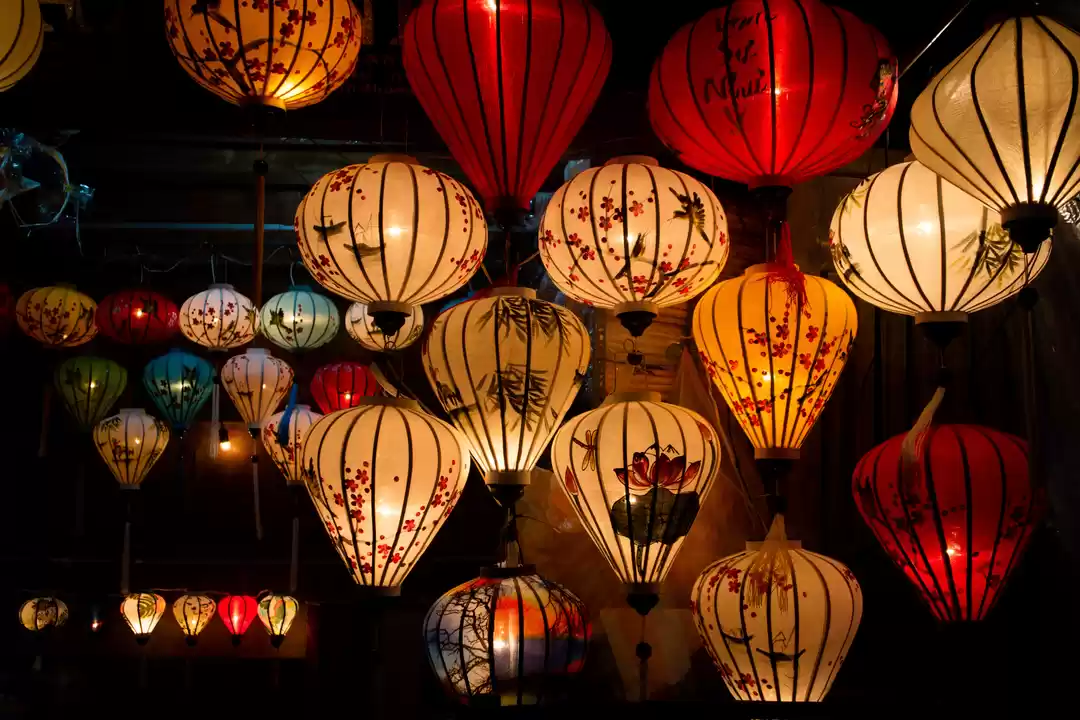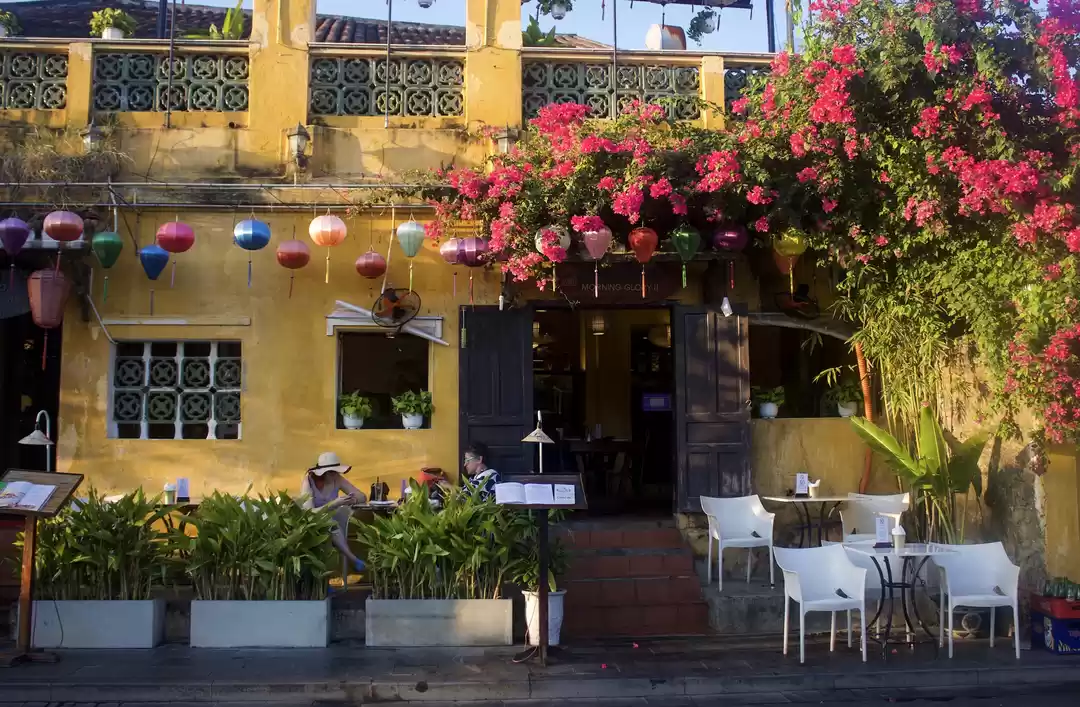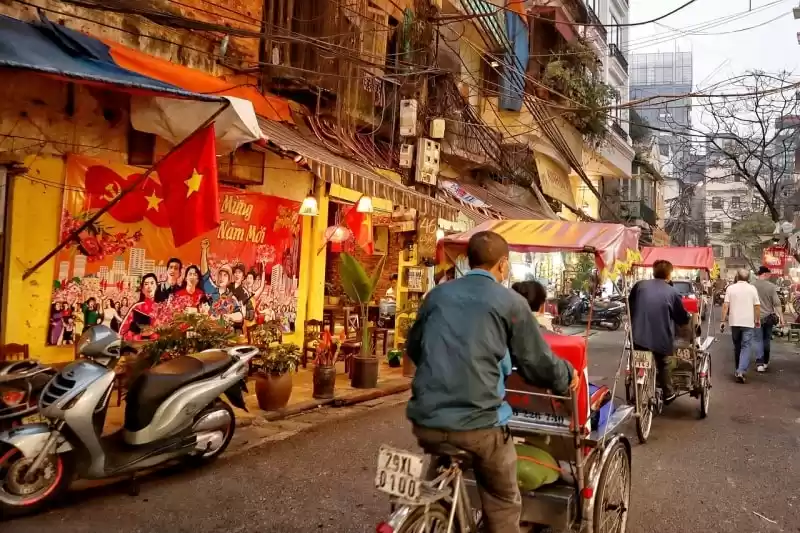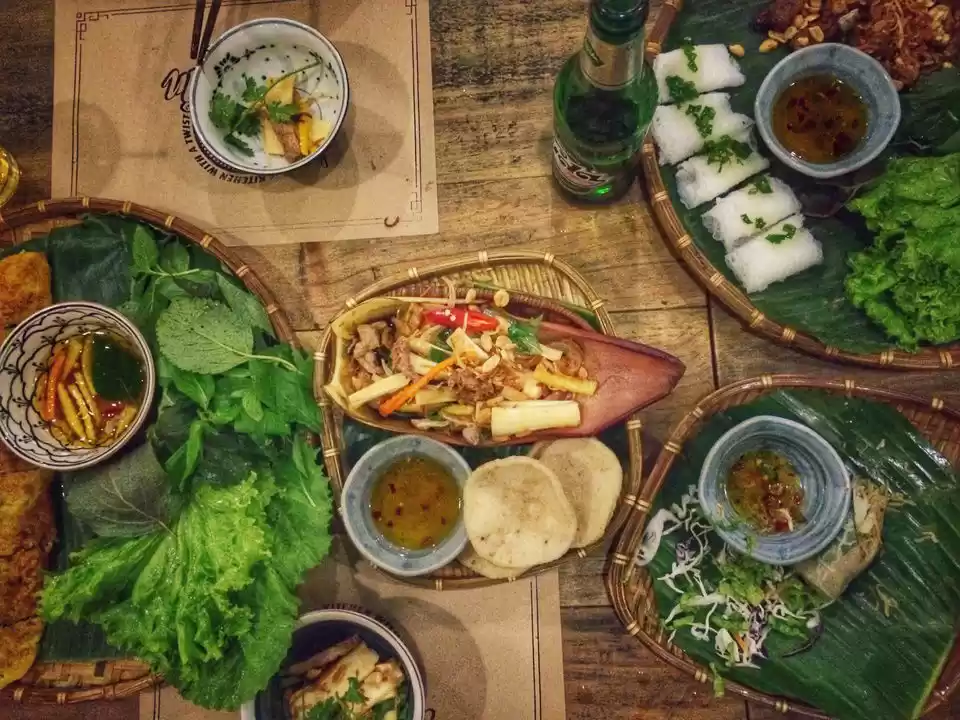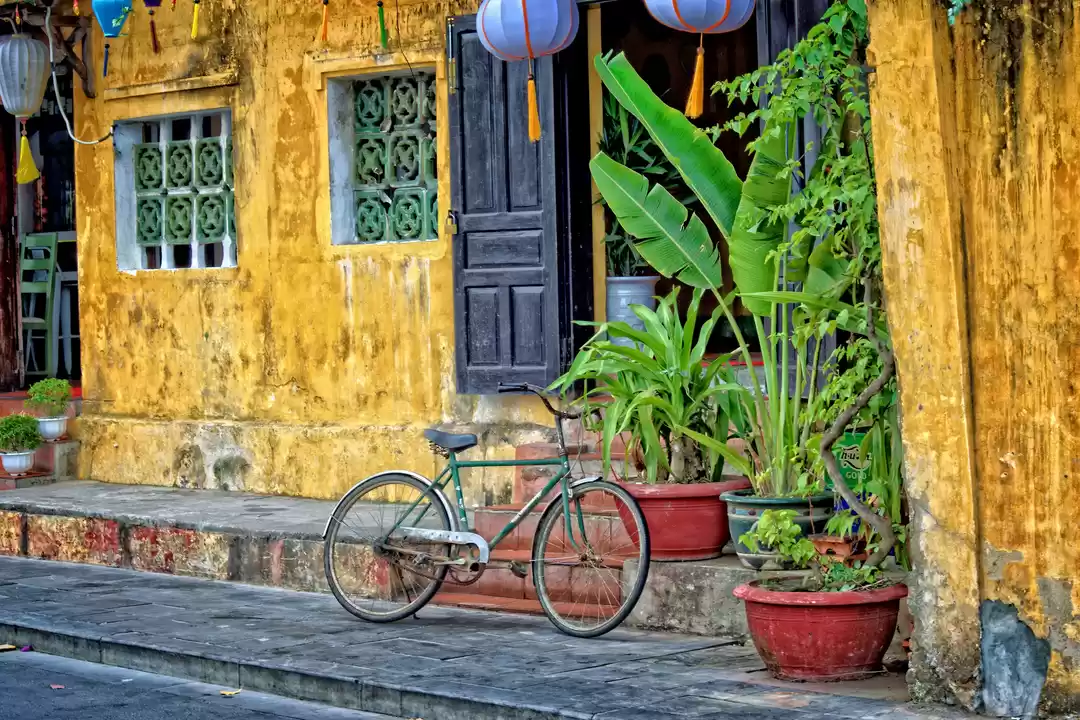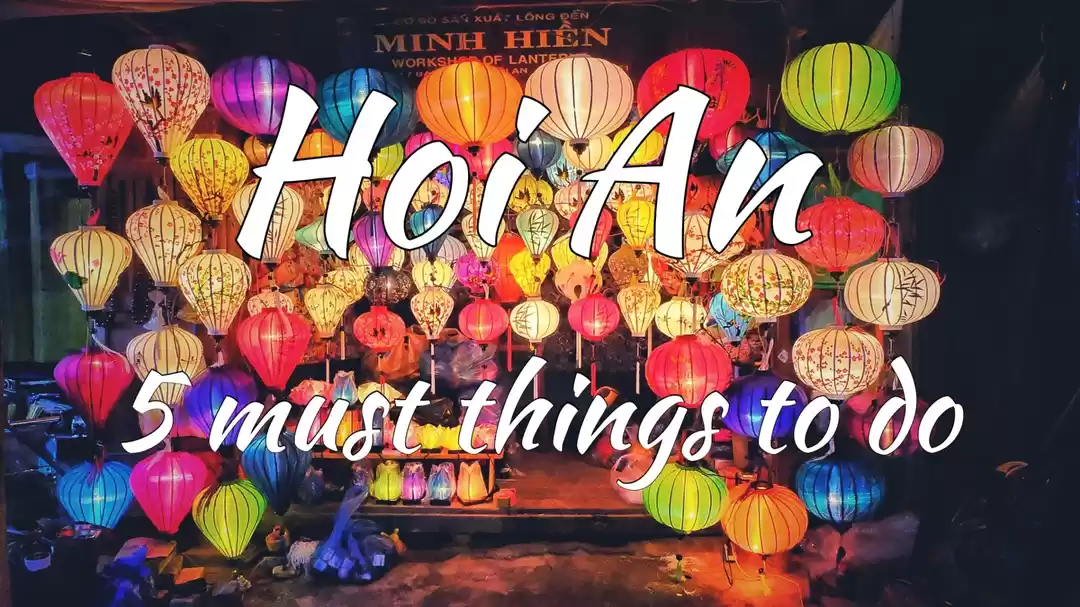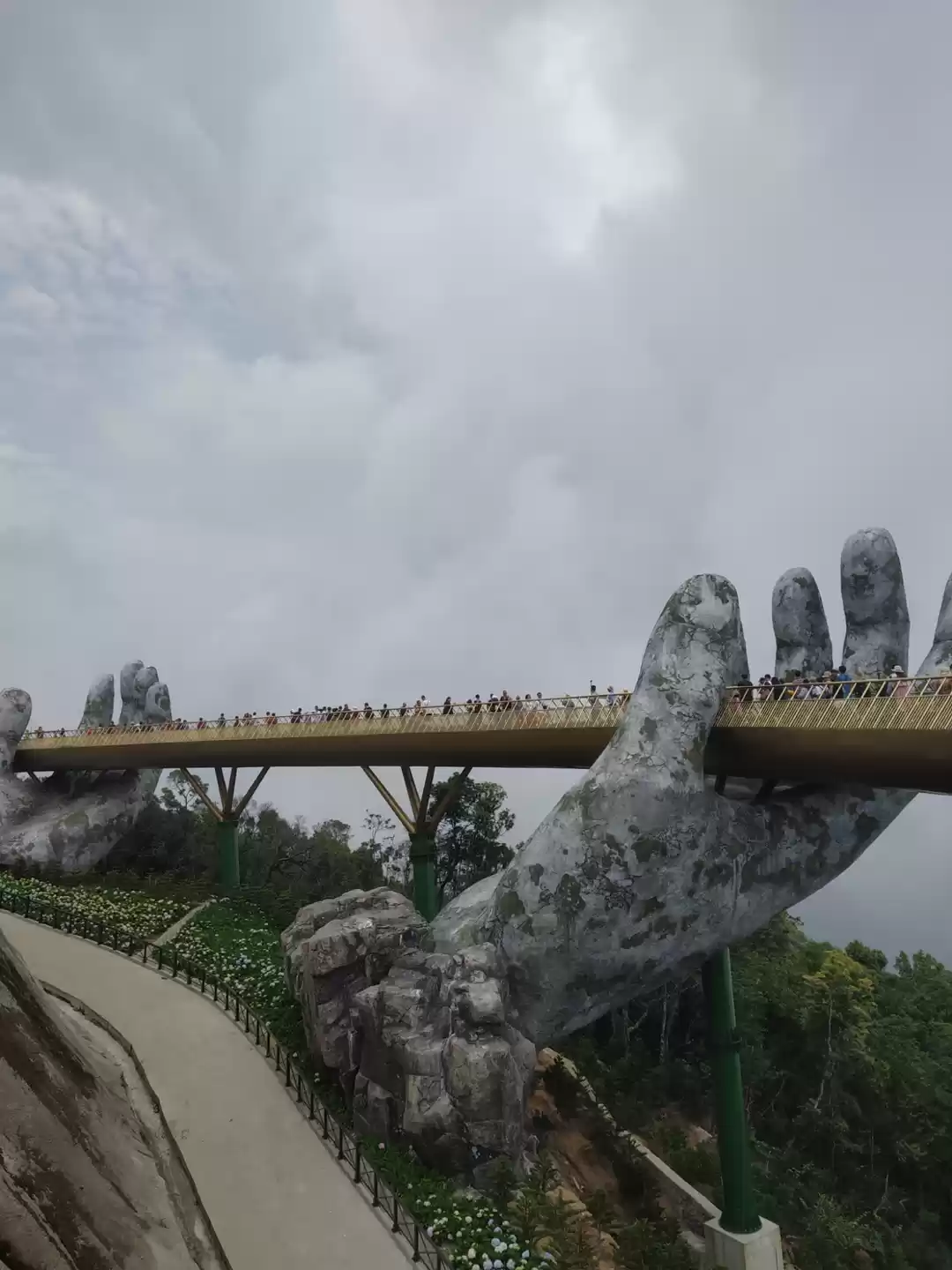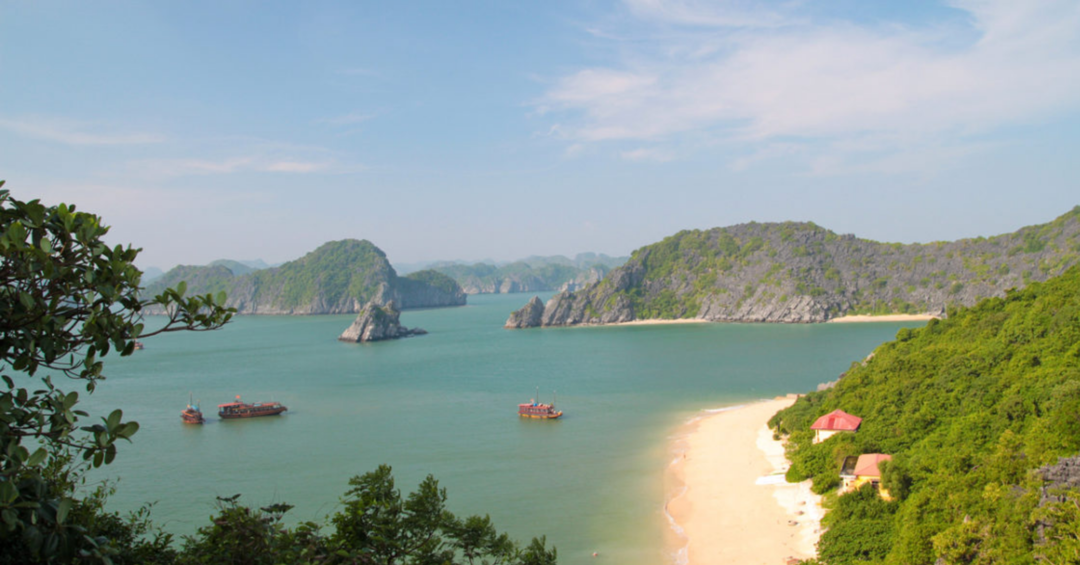7 years after I first came to Vietnam, I got a chance to visit all the places I missed in the first trip. And the first place I chose to visit was Hoi An. With a distinct French influence (and definitely yellow painted by govt.) and local Vietnamese beauty, Hoi An is one of those places that paintings are made of. Wandering along the streets of the Old Town, checking out those dimly lit, historic buildings and pausing for coffee and banh mi, it feels like this is all part of the pages of a storybook. This charming little town offers great food, a relaxed atmosphere, some great views and a beautiful beach nearby. As pretty as this town is during the day, it turns into something magical at night.






Hoi An is a city in Quảng Nam Province in Central Vietnam. It's a UNESCO World Heritage Site that was one of the most heavily-frequented trading ports in Southeast Asia from the 17th to the 18th centuries. The name Hoi An translates to "peaceful meeting place".




Hoi An's prominence as a trading port fell sharply at the end of the 18th century. This was due in part to the silting up of the Thu Bon River as well as the rise of nearby Da Nang as the new center of trade in Central Vietnam. Fading into a forgotten backwater, Hoi An has been left largely untouched by the changes to Vietnam over the next 200 years.
3 days is enough to see the best of Hoi An. It's enough time to enjoy the Ancient Town, take a cooking class, visit My Son Sanctuary, hit the An Bang beach and even take a day trip to Huế and the Marble Mountains. Hoi An is the type of destination best enjoyed when you aren't rushing from one place to the next. Take a boat ride, sit by the Thu Bon River, eat cao lầu, enjoy a beer. Those are the absolute best things you can do in this timeless, picturesque town.





















Where to go/What to do
Explore Hoi An's Old Town on foot and take yourself on a DIY tour - it's hard to get lost and the photography opportunities are endless! The pretty ancient houses that line the streets are photogenic enough; add to them a swarm of die-hard selfie takers, a long line of rickshaw drivers and a variety of basket-balancing older women and you've got photographic gold. Wander around in Hoi An Night Market and, inevitably, get sucked into buying a gorgeous lampshade Have custom made shoes/clothes at a local shop Visit the Japanese Covered Bridge and snap some photos of the historic site. It's one of the most photographed bridges in Asia! Take a trip to Cua Dai or An Bang Beach to soak in the beach vibes. Cua Dai Beach is closest but unfortunately, erosion over the past few years has rendered it less of a desirable choice. Better options await at the slightly further, but very beautiful, An Bang beach which is clean, beautiful with a lot of options for food drinks and massages Hire bicycles and ride around town, finding hidden pockets of beauty and new places to eat Check out the historic Tan Ky House, built over two centuries ago Photograph and explore the Assembly Hall of the Fujian Chinese Congregation



















Where to eat in Hoi An





If you are wondering where to eat in Hoi An there are some amazing restaurants and cafes that you can eat at - but if you're looking for the authentic Vietnamese experience, The Central Market's where it's at. For just 20,000vnd you can eat like a very happy king and choose from the tastiest cao lao, mi quang and banh xeo around. Just take your pick, have a beer and enjoy the chaos.
There are few more places like these which have good food-
Banh Mi Phuong - after having it's praises sung by Anthony Bourdain almost a century ago, this sandwich shop has a queue outside morning to night. A Hoi An institution that you should definitely give a try whilst in the city - and at 20,000VND, its popularity has not inflated it's prices! Madam Khan - another spot specializing in the traditional Banh Mi. There's no menu here and no need for one. Her single offering - banh mi stuffed with barbecued pork, pate, sausage, fried egg, pickles, papaya, carrots, parsley, chilli sauce, soy sauce and her own secret sauce - is widely considered the best in the country. Mango Mango Morning GloryHow to Reach/get around
To get to Hoi An, you're going to need to fly to Da Nang. There are lots of flights to Danang from Hanoi and Ho chi Minh City and if planned well you can get a return flight in 50 USD.
Once you arrive into Da Nang you'll need to make your way to Hoi An. It's an easy 45-minute drive from the airport to Hoi An. I would recommend booking a hotel or resort that offers an airport transfer, either as part of your booking or for an additional fee.



Hoi An is a walking town. You can easily get around on foot or on a bicycle. As previously mentioned, we were allowed to use our hotel's bikes for free so you may be able to borrow one from your hotel as well. If not, then there are bike and motorcycle rental shops around town.
BEST TIME TO VISIT
Unlike Northern Vietnam which sees climate changes akin to the four seasons, Hoi An truly has just two seasons - dry (Feb-Aug) and wet (Sept-Jan). It stays warm throughout the year with an average temperature of about 29°C (84°F). Like any Southeast Asian city, it would get hot during the day but it wasn't intolerable. It didn't rain once and I don't remember it being too humid either.
Hoi An is a magical city with lots of culture and historical significance. The town is changing rapidly and tourism continues to grow fast from Da Nang all the way to Hoi An. Although Hoi An is no longer the quaint secret it once was. The word is out about Hoi An. The narrow streets and abundance of beautiful hanging lanterns will make you feel like you're visiting the Vietnam of centuries past. But with a recent annual increase in visitors, lots of exciting new restaurants, shops and resorts have sprung up meaning there's plenty to explore for everyone in Hoi An.






